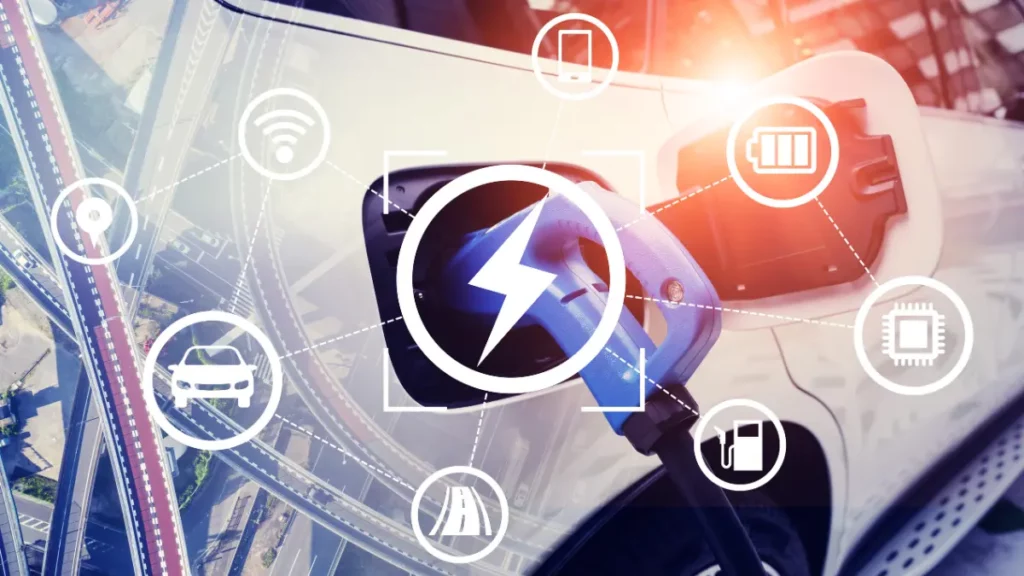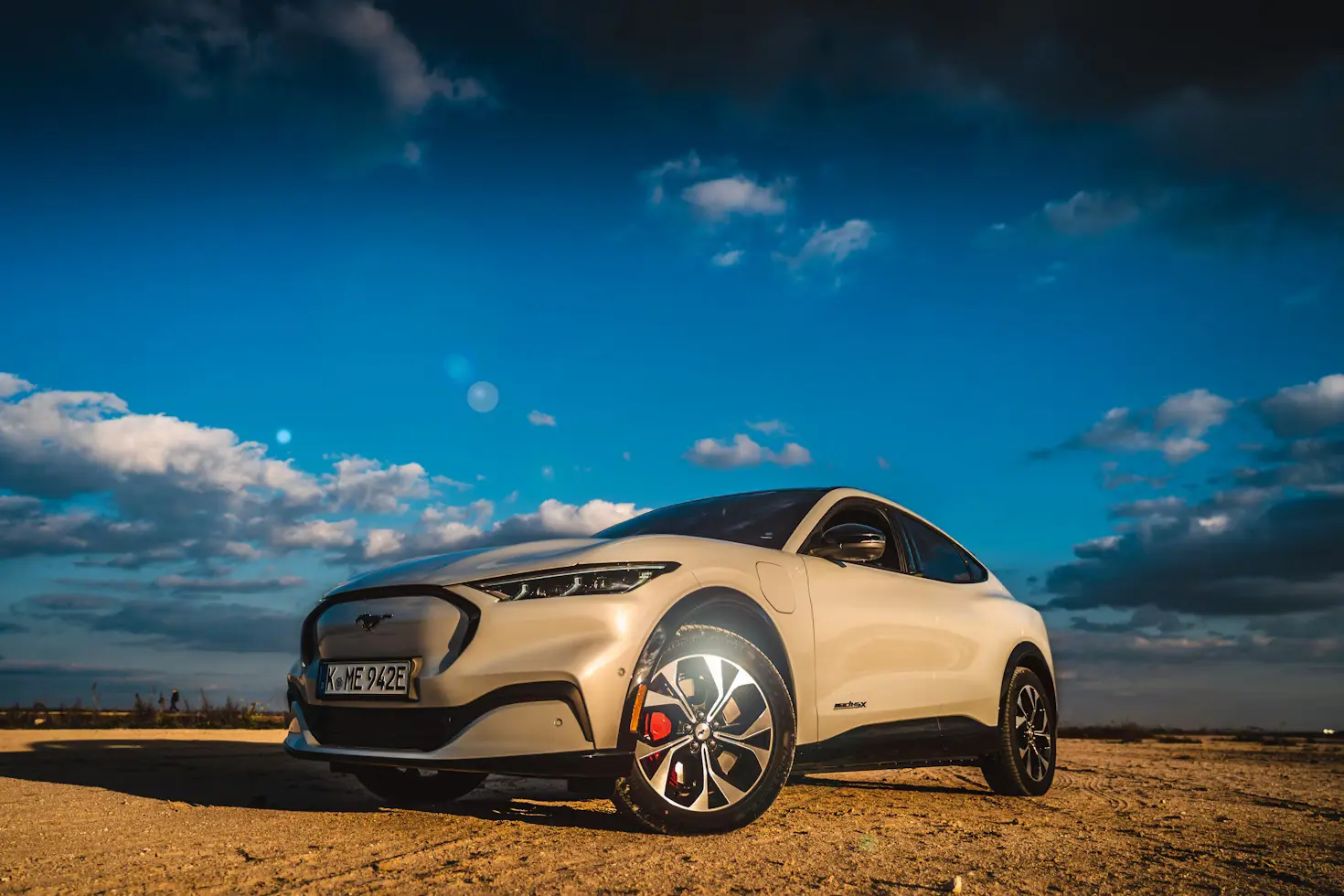In an era marked by an escalating global consciousness toward sustainability, the travel industry finds itself at the forefront of transformative change. Among the numerous innovations propelling this shift, the ascendance of electric vehicles (EVs) stands as a hallmark of progress. According to the IEA, more than 10 million EVs were sold worldwide in 2022. As the world grapples with environmental challenges, the travel sector is increasingly turning to electric mobility solutions to mitigate its carbon footprint. In this article, we will dive into the burgeoning role of electric vehicles within the travel industry. We will also explore the multifaceted impact and the drivers behind this transformative trend.
The Green Initiative
The travel industry is experiencing a profound shift in its ethos, driven by a collective commitment to environmental sustainability. With climate change concerns at the forefront, both businesses and consumers are reevaluating their choices, seeking alternatives that align with a greener future.
EVs have emerged as a linchpin in this systemic shift, offering a tangible solution to reduce carbon emissions associated with traditional modes of transportation. The New York Times notes that EVs reduce carbon emissions by anywhere from 50% to 70%.

Governments worldwide are implementing stringent emission standards, pushing the travel industry to adopt cleaner technologies. Airlines are exploring sustainable aviation fuels, and the maritime sector is investing in hybrid and electric vessels.
However, the most conspicuous transformation is occurring on roads, where electric vehicles are rapidly becoming the preferred choice for short to medium-distance travel.
The green imperative goes beyond mere compliance; it reflects a fundamental change in consumer preferences. Modern travelers are increasingly eco-conscious, valuing experiences that minimize their impact on the environment. The travel industry’s move toward electric vehicles not only addresses regulatory demands but also aligns with the evolving values of a conscientious customer base.
Local Factors
The integration of electric vehicles into the travel ecosystem is inherently tied to local factors that influence their adoption. Factors like charging infrastructure, government incentives, and regional climate conditions play a crucial role in shaping EV implementation success. Local governments and businesses need to tailor their approach to meet the unique needs of their region.
In densely populated urban areas, for instance, the focus might be on developing robust charging infrastructure. This ensures that EV users have convenient access to charging stations. In rural or remote regions, the emphasis might be on creating incentives to make EVs more economically viable for businesses and individuals.
Energy5.com highlights that in the United States, Yosemite National Park has embraced the era of electric vehicles by installing charging stations. This has allowed visitors to explore the park while minimizing emissions. Similar initiatives are being witnessed at renowned tourist destinations across the globe.
According to Windy City Travel, Chicago is a city that has taken significant strides in customizing its approach to accommodate EV adoption. In Chicago, the emphasis on developing a robust charging infrastructure has been a central theme in promoting electric mobility. The city has strategically deployed charging stations in key areas, such as downtown districts, shopping centers, and public parking facilities.
This approach aims to address the concerns of urban EV users, including those who rely on the services of local travel agencies. This provides convenient and accessible charging options in high-traffic zones.

Local government initiatives have played a pivotal role in incentivizing EV adoption. Chicago offers a range of financial incentives, including tax credits and rebates. This is to make electric vehicles more economically viable for businesses and individuals. A Chicago travel agency might find these incentives particularly appealing, contributing to a more sustainable and cost-effective mode of transportation for their clients.
Regulatory frameworks need to be flexible enough to accommodate regional variations. Some areas might benefit from tax incentives, while others may require subsidies for charging infrastructure development. Recognizing and addressing these local nuances is vital for the seamless integration of electric vehicles into diverse travel landscapes.
Economic Drivers
Beyond their environmental benefits, electric vehicles are gaining traction in the travel industry due to compelling economic advantages. Lower operating costs and government incentives are making EVs an increasingly attractive choice for businesses and consumers.
One of the primary economic drivers is the lower cost of electricity compared to traditional fuels. EVs have fewer moving parts than internal combustion engine vehicles, translating to reduced maintenance costs. Additionally, governments in many regions offer tax credits, rebates, and other incentives to promote the adoption of electric vehicles.
Businesses operating fleets are recognizing the long-term financial benefits of transitioning to electric. Lower fuel and maintenance expenses contribute to substantial cost savings over the lifespan of EVs, making them a financially prudent choice for forward-thinking enterprises.
EV Infrastructure
The growth of electric vehicles within the travel industry hinges significantly on the development of a robust EV charging infrastructure. To encourage widespread adoption, governments and private enterprises are investing heavily in the deployment of charging stations across urban and rural landscapes.
According to LilyPad EV, strategic placement of charging stations is crucial to alleviate concerns related to the fear of running out of battery power. High-traffic areas such as shopping centers, hotels, and transportation hubs are increasingly equipped with charging infrastructure to facilitate seamless travel experiences.
Furthermore, advancements in charging technology are enhancing the convenience of EV charging. Fast-charging stations are becoming more prevalent, enabling travelers to recharge their vehicles quickly during brief stops.
The evolution of smart charging solutions integrated into travel apps and navigation systems. This further streamlines the charging process, providing real-time information on available stations and optimizing travel routes.
Technological Innovations
Technological innovations in electric vehicle technology are not merely enhancing efficiency but are reshaping the entire travel experience. Beyond reducing carbon emissions, these innovations are introducing novel features that redefine the way we move from one place to another.
Smart charging, for instance, allows users to optimize charging times based on electricity prices and grid demand, contributing to energy efficiency. The integration of artificial intelligence and data analytics enables predictive maintenance, ensuring optimal vehicle performance and reducing downtime.

Moreover, the development of autonomous electric vehicles is on the horizon, promising a future where travel becomes sustainable, safer, and more convenient. In the context of the travel industry, these technological advancements are enhancing the appeal of EVs while contributing to the evolution of transportation ecosystems.
Consumer Perspectives
The widespread acceptance of electric vehicles within the travel industry hinges on understanding and aligning with evolving consumer perspectives. While the environmental benefits of EVs are a significant draw, addressing consumer concerns and preferences is essential for widespread adoption.
One key aspect is the perceived inconvenience associated with charging. Travelers may be hesitant to switch to electric vehicles if they fear long charging times or limited charging infrastructure. Education campaigns and transparent communication about the growing network of charging stations and the rapid advancement in fast-charging technologies can help alleviate these concerns.
Another crucial consideration is the aesthetic and experiential aspects of electric vehicles. Innovative design, advanced in-car technologies, and a seamless user experience are pivotal in swaying consumer preferences. As EVs become synonymous with cutting-edge technology and eco-friendly choices, consumer perceptions are shifting, paving the way for broader acceptance within the travel industry.
Challenges and Opportunities
As the travel industry embarks on the journey toward widespread electric vehicle adoption, it must confront both challenges and opportunities on the road ahead. One of the primary challenges is the need for a synchronized effort to establish a comprehensive charging infrastructure. While progress is evident, ensuring uniform coverage and accessibility remains a significant undertaking.
Addressing range anxiety and the fear of insufficient battery range during longer journeys requires concerted efforts to expand charging networks and enhance battery technology. Governments and businesses must collaborate to invest in research and development, pushing the boundaries of battery efficiency and range.
Simultaneously, the transition to electric vehicles presents opportunities for job creation, technological innovation, and economic growth. The burgeoning electric vehicle market fosters a new ecosystem of manufacturers, suppliers, and service providers. Governments can leverage this shift to stimulate economic development, creating a win-win scenario for both the industry and the environment.
In conclusion, the rise of electric vehicles in the travel industry reflects a profound commitment to sustainability. It is driven by evolving consumer values, economic incentives, and technological advancements. While challenges like charging infrastructure uniformity persist, they present opportunities for job creation and economic growth.
The shift toward electric mobility aligns with global efforts to reduce carbon footprints, transforming travel into a more eco-friendly and economically prudent venture. As governments and businesses invest in research and development, the trajectory toward widespread electric vehicle adoption addresses environmental concerns while promoting innovation.

